An organization that can accurately forecast its sales will always be able to grow exponentially. In the modern age of business, accurate sales forecasting is considered the cornerstone of success. If an organization predicts an accurate sales forecast, it can anticipate demand accurately, optimize resource allocation, effectively manage inventory, and, as a result, stay ahead of the competition.
Through the emergence of machine learning solutions, organizations do not have to rely heavily on traditional forecast methods. As a result, the accuracy of forecasting has improved, leading to reduced wastage and increased profitability.
In this blog, we will explore the various machine learning solutions and techniques and how they can help an organization supercharge its sales forecasting.
Understanding The Basics
Before we explore the machine learning techniques that can be used to supercharge an organization’s sales forecasting, let us understand what machine learning and machine learning solutions are:
Machine Learning
AI and machine learning often work simultaneously and are believed to go hand in hand. Machine learning is a specific branch of AI that is extremely focused on developing algorithms. These machine learning algorithms have the capability of learning from data and making predictions or decisions even when not explicitly programmed.
As machine learning algorithms are exposed to more data, they have the ability to automatically adapt and improve their performance over time, unlike traditional rule-based algorithms that rely on pre-defined logic.
As a result, machine learning algorithms are perfectly suited for machine learning as they can learn from experience and identify complex patterns, which is required in sales forecasting, where analysis of large volumes of data and subtle relationships between variables is required.
Machine Learning (ML) based Solutions
ML based solutions include various techniques and algorithms designed to address various tasks, such as classification, regression, clustering, and anomaly detection. These solutions use computational algorithms and mathematical models to carry out the tasks of data analysis, pattern identification, and prediction or decision-making. They can be applied across various domains and industries to solve a range of predictive tasks by using a toolkit that ranges from simple linear regression to sophisticated deep learning architectures.
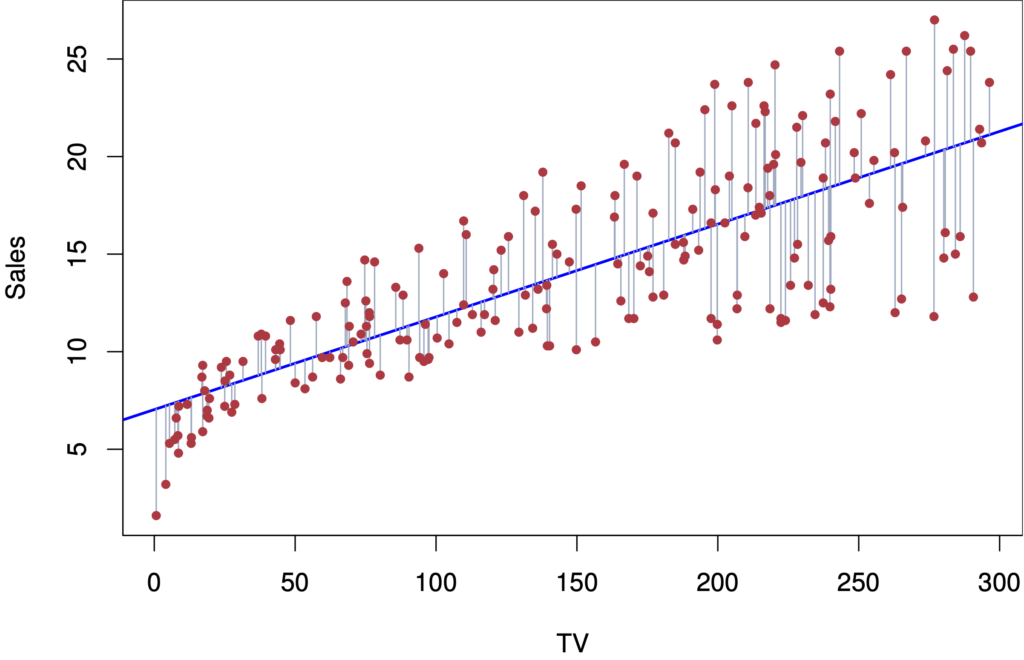
Machine Learning And Sales Forecasting
Sales forecasting is a typical process that helps organizations predict future sales based on market trends, historical data, and other relevant factors. Machine learning solutions help organizations improve their sales forecasting by using advanced machine learning algorithms and data analysis techniques. These techniques help the organization extract valuable insights from relevant data and make accurate predictions quickly.
Some of the techniques of machine learning solutions that can be used for sales forecasting are given below:
Time Series Analysis
Time series analysis is considered to be a fundamental technique that is used for forecasting future values based on past observations.
Machine learning algorithms have the ability to analyze historical sales data in order to identify patterns, trends, and seasonal fluctuations. As a result, organizations are able to make accurate predictions for their future sales periods.
For example, most retail companies use time series analysis to predict the sales forecast for their seasonal products, such as back-to-school supplies and holiday gifts. Accurate sales forecasting helps the organization optimize inventory management and marketing strategies.
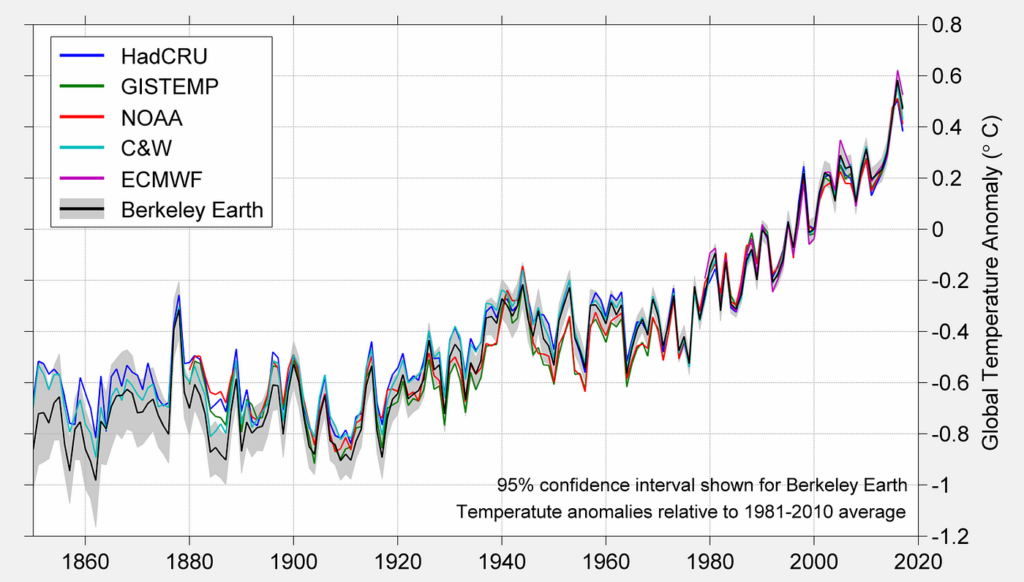
Regression Analysis
Regression analysis is another method for forecasting sales. It is a statistical method that models the relationship between one or more independent variables (market spending, pricing strategies, etc.) and a dependent variable (sales).
With the help of machine learning solutions and algorithms, such as linear regression, decision trees, and support vector machines, organizations are able to build predictive models that can estimate future sales of the organization based on these factors.
For example, regression analysis is used by e-commerce platforms to predict sales conversion rates based on various factors, like product description, website traffic, user demographics, etc. This helps the organization optimize its website design and marketing campaigns.
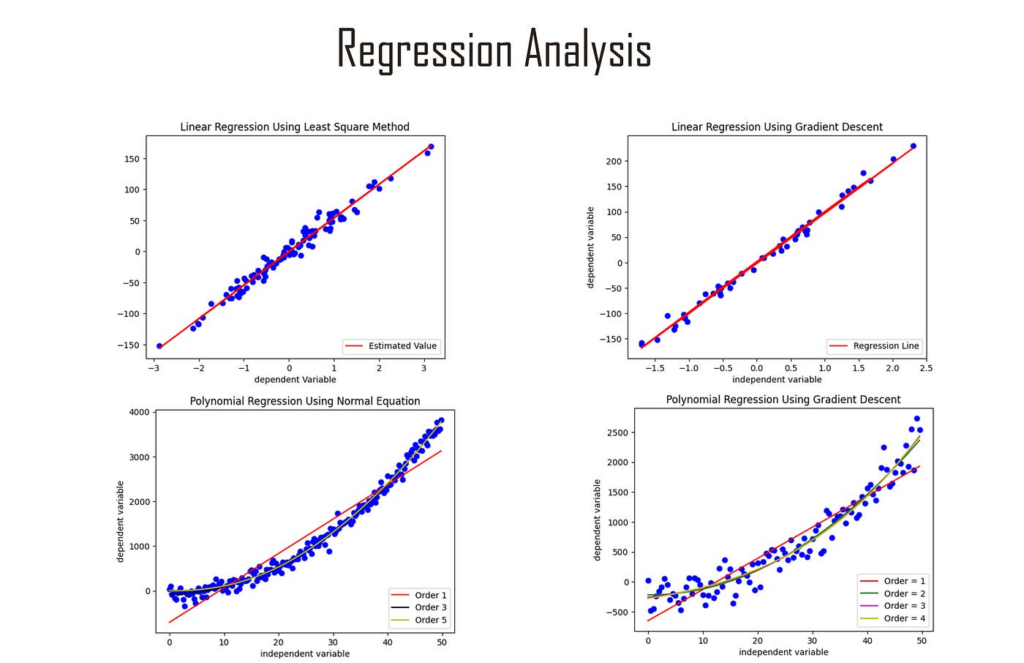
Neural Networks
Neural networks are machine learning algorithms based on the function as well as structure of the actual human brain.
In sales forecasting, neural networks can prove extremely useful as they can learn complex patterns and relationships between various inputs and outputs. As a result, organizations can expect to have accurate sales predictions even in dynamic or non-linear environments.
For example, neural networks are used by financial institutions to forecast stock prices by analyzing various factors like historical market data, news sentiment, and macroeconomic indicators. As a result, investors are able to mitigate risks and make more informed decisions.
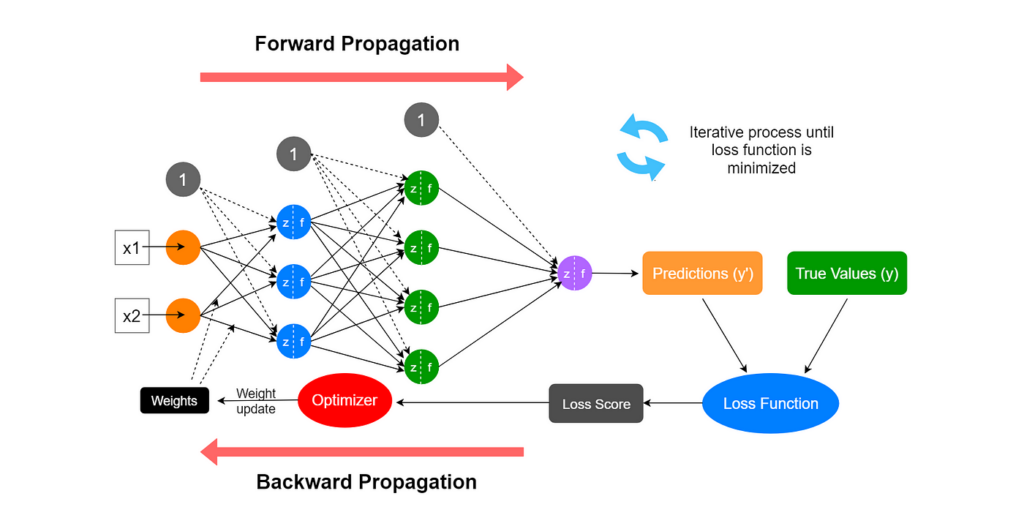
Deep Learning
Deep learning is considered to be a subset of neural networks that involves training models with multiple layers of interconnected neurons.
Deep learning algorithms have proved to be outstanding at learning intricate patterns from large datasets. They also have the capability to provide highly accurate sales forecasts by capturing subtle relationships between variables.
For example, telecommunication companies use deep learning to forecast network traffic demand based on various factors, such as geographic location, time of day, and device usage patterns. As a result, the organization is able to optimize network capacity and resource allocation.
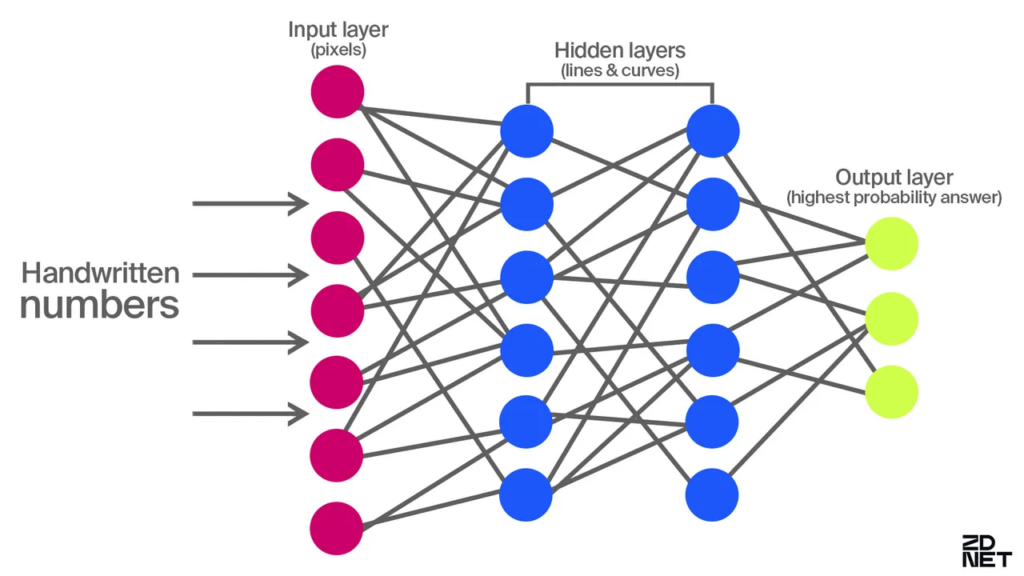
Advantages Of Machine Learning Solutions In Sales Forecasting
Implementing machine learning solutions in sales forecasting can lead to many advantages for organizations. Some of the advantages of machine learning solutions in sales forecasting are given below:
Improved Accuracy
While using the traditional forecast levels in sales forecasting, 50% of sales leaders doubt their sales forecast’s accuracy.
On the contrary, ML based solutions have the ability to quickly analyze vast volumes of data and accurately identify complex patterns that human analysts may overlook. By using advanced techniques and algorithms, machine learning-driven sales forecasts happen to be more accurate and reliable.
As a result, organizations are able to implement more accurate and informed decision-making and resource allocation.
Flexibility and Adaptability
Machine learning solutions use cutting-edge technology to adapt to real-time market conditions and customer behaviour patterns. Unlike traditional forecast methods, machine learning algorithms and ML engines can continuously learn from new data and adjust their predictions after taking feedback.
As a result, organizations are ensured agility and responsiveness even in dynamic environments.
Scalability
Machine learning in sales forecasting has the capability to scale effortlessly. This is because it can accommodate large datasets and evolving business needs easily.
Regardless of the size of the organization—whether it is a small business or a business with a huge global presence—machine learning algorithms can handle diverse datasets and deliver accurate and precise forecasts across various industries, markets, domains, and product lines.
Automation
With the help of machine learning solutions, organizations can automate sales forecasting. As a result, they free up many valuable resources that can now be used in high-value strategic tasks and initiatives.
With machine learning in sales forecasting, organizations are able to streamline operations, reduce manual effort, and focus on driving growth and innovation.
Insights and Interpretability
Machine learning solutions and algorithms are not only restricted to predicting sales forecasts accurately, but they also help an organization gain valuable insights into various factors that drive sales performance.
Organizations are able to gain a deeper understanding of customer preferences, competitive trends, and market dynamics by analyzing model outputs and the importance of features.
As a result, organizations are able to make accurate and informed strategic and marketing decisions.
Conclusion
Machine learning solutions have brought a paradigm shift into the world of sales forecasting which has led to organizations predicting future sales more accurately and quickly.
By using advanced machine learning algorithms, organizations are able to make informed decisions, avoid wastage of resources with accurate resource allocation, and stay aware and ahead of the competition.
Machine learning in sales has proved to be a game changer for organizations highly dependent on sales forecasts for inventory management. It has led to reduced wastage, higher optimization, and profitability.


